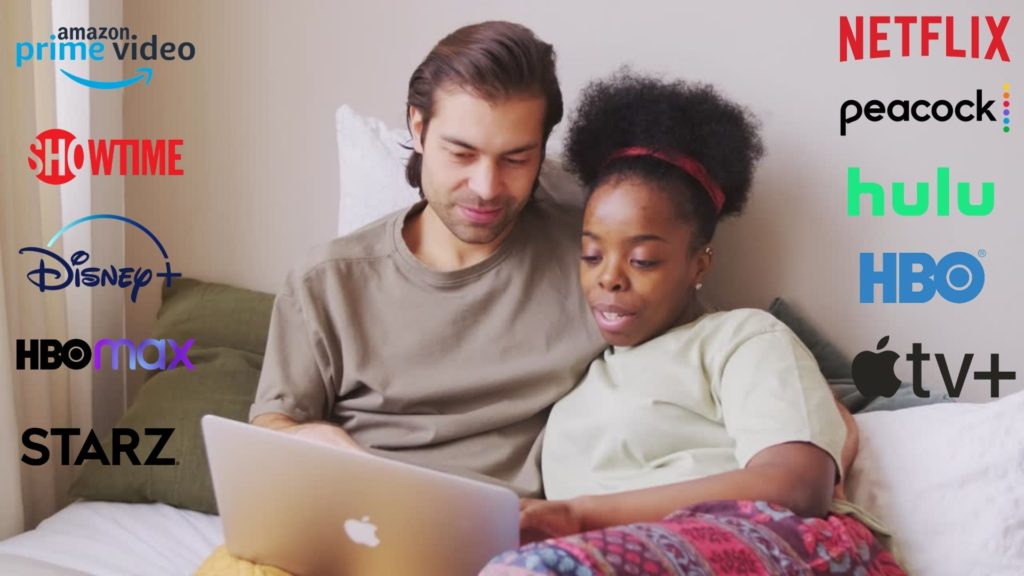6 Insights You Need To Know About Streaming Brands On Social Media

TikTok has become the social network generating the most engagement for streaming brands in 2021. Streaming services may hold viewership numbers as a closely guarded secret, but when it comes to understanding performance on social media, ListenFirst has an objective view of which streaming brands are succeeding and why. From our internal study of Apple […]
